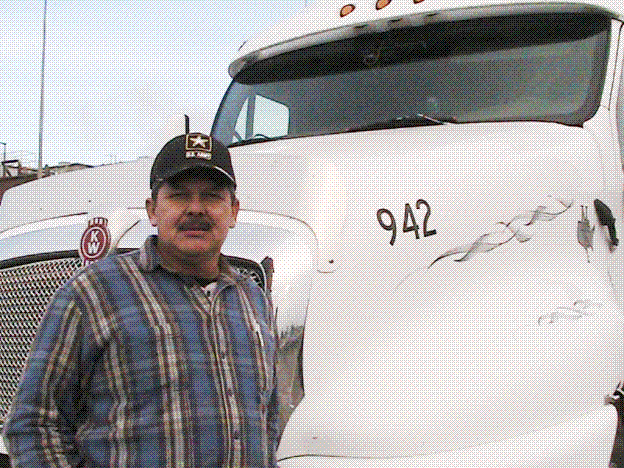In 1979, Political unrest reigned throughout the world. The US and former USSR signed the SALT 2 Treaties aimed at limiting nuclear war. Central America was experiencing political upheaval in Nicaragua, El Salvador, and Honduras. The Somoza family in Nicaragua was ousted by the left wing USSR supported Sandinista National Liberation Front.
Before the current political unrest, eighteen year old, Rubner Sobalvarro had enjoyed growing up in Nicaragua. His grandfather was a well- known and respected physician. His father had a small trucking company that employed several drivers allowing them to support their families. Visiting his grandfather’s ranch and being a frequent guest at the American Embassy were two privileges Rubner enjoyed as a youngster. As the ruling dictator departed the country, Rubner knew his life would be at risk if he chose to stay.
Making his way to the northern border of Nicaragua, Rubner Sobalvarro and a friend decided the United States represented the best government in the world. Determined to live in the “land of the free and home of the brave”, they set out on foot with a three day supply of provisions. What was about to follow was five years and three months of trials, tests, and an extreme will to survive. The distance Rubner would walk would be equivalent to leaving Seattle, Washington and arriving in Miami, Florida. Sobalvarro walked every step of the way counting on his own tenacity and his desire to be a citizen of the greatest country in the world.
Escaping over the border into Honduras they walked north. With his provisions running low, Rubner began eating grass and leaves to supplement his diminishing supplies. Soon, he survived by eating anything he could digest for the next thirteen days. Biting flies, stinging ants, and disease carrying bugs attacked the travelers constantly. The mountainous terrain proved difficult to cross and impossible to navigate at night. Jaguars and crocodiles hunted for prey while poisonous snakes hid, waiting to attack. However, the most dangerous situations would prove to be land mines and inhospitable humans.
Both Rubner and his friend were captured by troops who imprisoned them in an outdoor refugee camp. The ousted Nicaraguan right wing army, known as Contras, captured the young men. The Contras attempted to force the friends to joining the army in a push to overthrow the Sandinista government in Nicaragua. The camp held over 30,000 people in an area the size of a city block. Having the resolve to continue his quest to the United States, Rubner spent the next six months digging an escape from the prison, as his friend joined the Contra militia. Using only a fork, he burrowed under the barbed wire barrier surrounding the camp. When the hole was large enough to accommodate his slim body, he sneaked out during the night while the guards were not looking.
Sneaking through the Honduran countryside to avoid detection Rubner would wait hours before moving small increments. Using this method did not keep him secure; soon he was arrested by the Honduran army who handed him over to the Red Cross. Seeking entrance into Guatemala, the Red Cross secured his release and provided a passport allowing him to safely cross the Honduran/Guatemalan border. For the next three years he lived in Guatemala, working as a salesman of metal furniture while saving money to continue his journey,
Slipping into Mexico his march on foot continued to be challenging. Hot, dry weather conditions were made worse as savage insects attacked during his passage. Bandits were a constant threat. Keeping his focus to live in the United States, he pressed on. While in Mexico, he found someone who helped him cross the United States border. Rubner caught a flight to Dallas, then to Miami where he had family members who had emigrated from Nicaragua prior to the Sandinista’s overthrow of the Somoza government. He immediately went to the United States Immigration Department and sought political asylum. One week after being granted asylum he received his work permit.
His brother, Norby Sobalvarro, invited Rubner to come to Liberal, Kansas for employment opportunities. In Liberal he met and married his wife Elva and began a family. “God brought me to Liberal to meet my wife,” he said smilingly. Working in the oilfields Rubner applied to drive truck at National Carriers, Inc. The oilfield company fired him because he applied elsewhere; unfortunately, he did not meet NCI hiring criteria and was turned down. He left his family and went to Arizona in search of work. Six months later, in December of 2002, he reapplied at NCI and was accepted. He currently owns and operates truck # 942 and also owns # 941. Six years later, Norby joined Rubner at NCI with his own truck # 421. In conclusion Rubner shares, “ It is by the grace of Jesus Christ I am able to work at National Carriers and live in the United States of America.”
